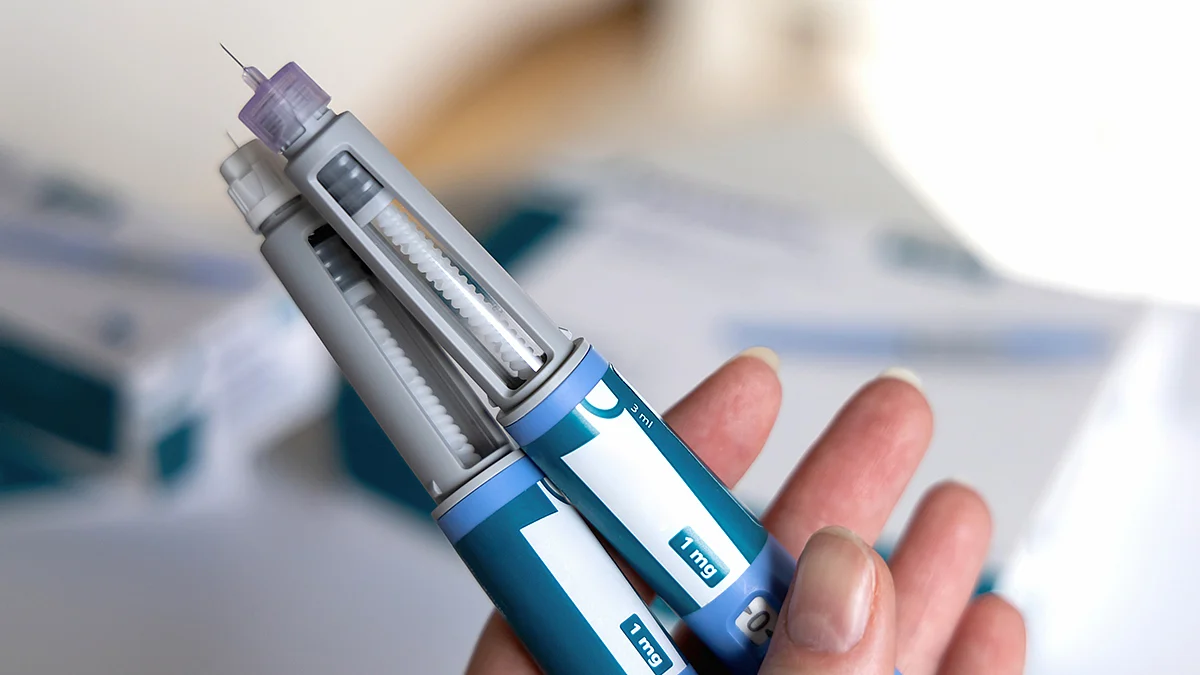FDA Approves Generic GLP-1 Medicine, Liraglutide, (a Victoza Generic), For Diabetes Treatment
THURSDAY, Dec. 26, (2024 HealthDay News) -- The U.S. Food and Drug Administration (FDA) announced on Monday the approval of the first generic version of a daily injectable GLP-1 medicine for people living with Type 2 diabetes.
Liraglutide, the generic for Victoza, is similar to semaglutide, the active ingredient in the popular weight-loss drug Ozempic.
The FDA supports the development of generic drugs, such as GLP-1s, by funding research and informing industry through guidance, Dr. Iilun Murphy, director of the FDA’s Office of Generic Drugs, said.
“Generic drugs provide additional treatment options which are generally more affordable for patients,” she said in a statement released Dec. 23, 2024.
“Today’s approval underscores the FDA’s continued commitment to advancing patient access to safe, effective and high-quality generic drug products.”
Last month, the agency approved the first generic version in this class of medications with the green lighting of a generic version of Byetta (exenatide).
Experts hope the new approvals will help prevent shortages triggered by demand for injectable weight loss and type 2 diabetes drugs, including semaglutide (Ozempic, Wegovy) and tirzepatide (Mounjaro, Zepbound).
Liraglutide is expected to expand access for people managing type 2 diabetes, which affects more than 38 million Americans, according to federal health data.
Type 2 diabetes is a chronic condition that occurs when the body does not use insulin well and cannot keep blood sugar at normal levels. It is usually diagnosed in adults, but has been increasingly diagnosed in children and teens.
Liraglutide improves blood sugar levels by creating similar effects in the body as GLP-1 in the pancreas, which is often found in insufficient levels in those with type 2 diabetes.
The prescribing information for the generic version includes a warning about the increased risk of thyroid C-cell tumors.
For this reason, patients who have had, or have family members who have ever had medullary thyroid carcinoma should not use liraglutide, nor should those who have an endocrine system condition called multiple endocrine neoplasia syndrome type 2.
The most common side effects reported in the clinical trials for liraglutide injection include nausea, diarrhea, vomiting, decreased appetite, dyspepsia and constipation.
Sources
- FDA, news release, Dec. 23, 2024
- CNN
Disclaimer: Statistical data in medical articles provide general trends and do not pertain to individuals. Individual factors can vary greatly. Always seek personalized medical advice for individual healthcare decisions.
© 2025 HealthDay. All rights reserved.
Read this next
Sepsis Risk Doubled With Type 2 Diabetes
FRIDAY, Sept. 19, 2025 — Type 2 diabetes appears to double a person’s risk for life-threatening sepsis, a new study says. Men and people under 60 with diabetes are...
Three Health Conditions Raise Death Risk For Fatty Liver Disease
FRIDAY, Sept. 19, 2025 — People with fatty liver disease are more likely to die early if they have one of three additional health problems, a new study says. High blood...
Ozempic, Zepbound Offer Unexpected Benefits For Psoriasis Patients
THURSDAY, Sept. 18, 2025 — People with psoriasis might receive unexpected benefits from cutting-edge weight loss drugs like Ozempic and Zepbound, a new study...
More news resources
- FDA Medwatch Drug Alerts
- Daily MedNews
- News for Health Professionals
- New Drug Approvals
- New Drug Applications
- Drug Shortages
- Clinical Trial Results
- Generic Drug Approvals
Subscribe to our newsletter
Whatever your topic of interest, subscribe to our newsletters to get the best of Drugs.com in your inbox.


